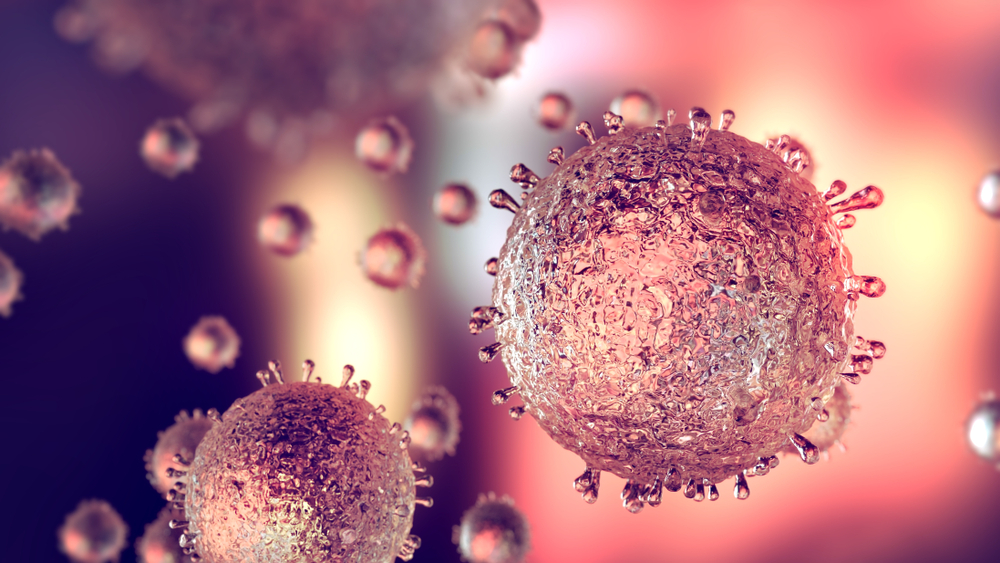Newsletter Signup - Under Article / In Page
"*" indicates required fields
Chimeric antigen receptor (CAR) T cell therapies have emerged as groundbreaking treatments for various hematologic cancers, demonstrating remarkable efficacy in targeting specific cancer cells. However, recent concerns raised by the U.S. Food and Drug Administration (FDA) have sparked an investigation into potential risks associated with these therapies. The FDA CAR-T cell therapy warning comes at a critical time for the field.
The FDA’s inquiry revolves around reports indicating a possible link between certain CAR-T cell treatments and the development of T cell malignancies in patients undergoing these immunotherapies. This investigation sheds light on a critical aspect of CAR-T cell therapy safety and will require a closer examination of its implications for patient care and regulatory oversight.
What is the FDA CAR-T cell therapy warning about?
Since the FDA approved the first T cell therapy in 2017, Novartis’ Kymriah, the agency received 20 reports of secondary cancers subsequent to the administration of these solutions. These complications are known in cancer care but remain uncommon.
However, there is no leaving anything to chance and patients who have received these treatments should be monitored throughout their lives for secondary malignancies, said the FDA. Due diligence is of the utmost importance at a time when researchers and manufacturers are looking to expand the field of application of CAR-T cell therapies beyond cancer. This could apply to cardiometabolic disorders, autoimmune diseases, fibrosis, and senescence.
The FDA has identified a risk of T cell malignancies, including instances of CAR-positive lymphoma, observed in patients who received B-cell maturation antigen (BCMA) and Cluster of Differentiation 19 (CD19) directed autologous CAR-T cell immunotherapies. This signifies a critical concern regarding the safety profile of these therapies, leading the FDA to extend its scrutiny across all currently approved BCMA-directed and CD19-directed genetically modified autologous CAR-T cell immunotherapies.
What are the concerned products by the FDA CAR-T cell therapy warning?
The FDA’s recent announcement initiated an investigation prompted by alarming reports regarding T cell malignancies subsequent to the administration of certain CAR-T cell therapies. These reports, originating from both clinical trials and postmarketing adverse event data, raised alarms within the regulatory body, prompting a rigorous inquiry into the potential risks associated with these groundbreaking treatments.
According to the FDA, “the risk of T cell malignancies is applicable to all currently approved BCMA-directed and CD19-directed genetically modified autologous CAR-T cell immunotherapies.” This represents 6 products:
· Abecma – Bristol Myers Squibb
· Breyanzi – Bristol Myers Squibb
· Carvykti – Jannsen (J&J) and Legend Biotech
· Kymriah – Novartis
· Tecartus – Gilead Sciences Inc.
· Yescarta – Gilead Sciences Inc.
What does the FDA warning mean for the industry?
This is the bad news immunotherapy didn’t need. In addition to CAR-T cell therapies’ struggle with solid tumors, the risk of secondary cancers after administration could have a serious impact on the industry.
Subsequently to the FDA’s announcement Gilead’s shares dropped 0.8% to reach $74.33 but have gone back up again to $76.86 on December 1. Bristol Myers Squibb has also experienced a 0.65% drop in its shares’ value down to $48.88. On December 1, the value had already come back up to $49.44. Financially, the FDA warning regarding CAR-T cell therapies has represented a small bump in the road of the industry leaders but it seems time will tell if the alert is justified.
In a statement, Novartis declared it was collaborating with the FDA in its safety assessment providing them with all relevant data. Gilead also told Reuters it was confident in the safety of its products.
The importance of continuous monitoring for CAR-T cell therapies
Even though the FDA has issued a safety warning, the benefits of CAR-T cell therapies remain above the potential risks for now. For patients and healthcare providers, the implications of this investigation emphasize the importance of continuous monitoring and lifelong surveillance for new malignancies following CAR-T cell therapy. Proactive reporting of suspected adverse events, including T cell malignancies, to both the FDA and manufacturers, is essential in ensuring comprehensive data collection and prompt intervention if necessary.
In the broader scope of the healthcare industry, this investigation underscores the significance of ongoing research and safety evaluations to ensure the safety enhancement of CAR-T cell therapies. The collaboration between regulatory bodies, healthcare professionals, patients, and manufacturers is essential to the efficiency of the healthcare system. This collective effort will continue to play a pivotal role in fostering patient safety and optimizing the therapeutic landscape for CAR-T cell therapies.
It is not all bad in the field; the new CAR macrophage cell therapy (CAR M) is showing great promise in the fight against solid tumors. Time and trials will tell if this novel solution can come as a new tool to treat cancer and if CAR-T cell therapies are safe for patients.
Oncology R&D trends and breakthrough innovations







